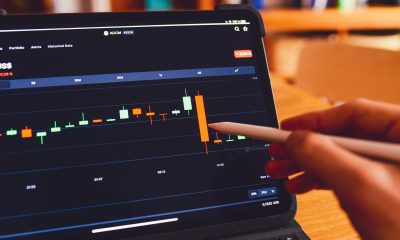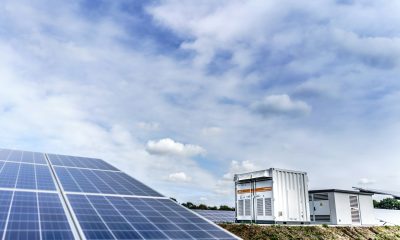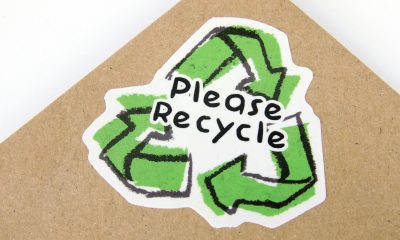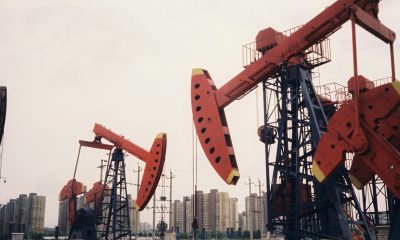Africa
Morocco Rises to 6th Globally in Climate Performance, Strengthening Its Green Leadership
Morocco ranks 6th in the CCPI 2026, reflecting strong progress in emissions reduction, energy efficiency, and climate policy. Despite delays in renewable deployment and continued gas subsidies, the country advances coal phase-out plans and low-carbon mobility. Remaining challenges include grid flexibility, building efficiency, and waste management, while Morocco strengthens its regional and diplomatic climate leadership.
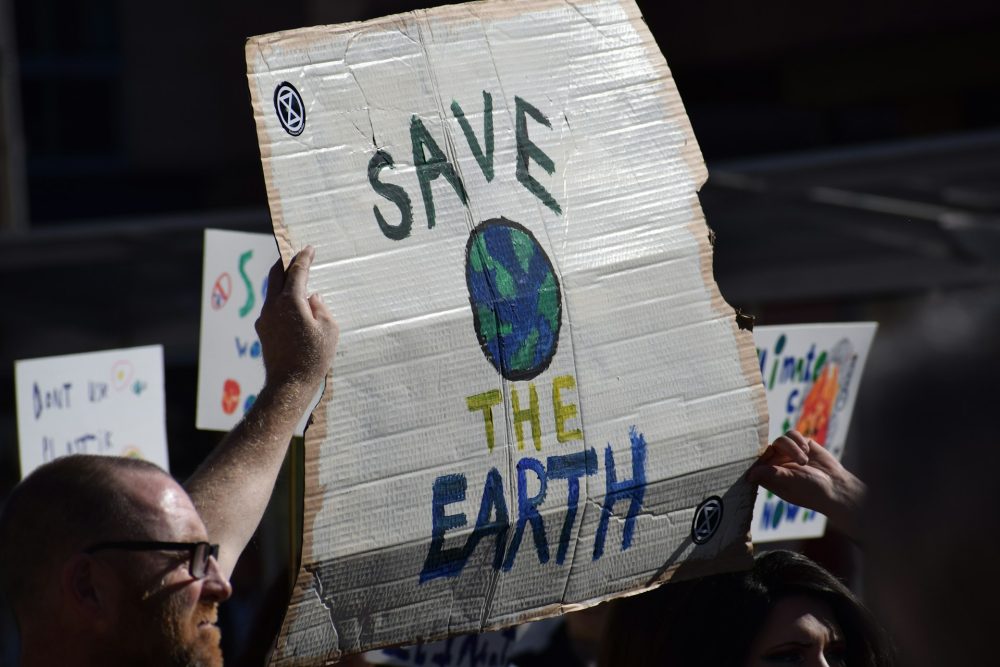
Morocco has established itself as a global climate leader by rising to 6th place in the Climate Change Performance Index 2026. Published on the sidelines of COP30 in Belém, Brazil, this ranking rewards the Kingdom’s efforts in reducing greenhouse gas emissions, energy management and the implementation of ambitious climate policies, while also pointing out areas for improvement in the deployment of renewable energies.
Morocco has once again distinguished itself on the international climate scene by entering the top 10 of the Climate Change Performance Index (CCPI) 2026. Published on the sidelines of COP30 in Belém, Brazil, the report ranks the Kingdom 6th in the world, a gain of two places compared to the previous edition.
This positioning makes Morocco one of the world’s top-performing countries in the fight against climate change. The CCPI, conducted annually by the NewClimate Institute, the NGO Germanwatch, and the Climate Action Network (CAN), assesses the climate policies of 63 countries and the European Union, together representing more than 90% of global greenhouse gas emissions. The analysis is structured around four main categories: greenhouse gas emissions, energy use, renewable energy, and climate policy.
According to the evaluators, Morocco achieved “high” performance in three areas: emissions reduction, energy consumption, and climate policy. However, its score for renewable energy remains “low,” which is the main area for improvement. The Kingdom’s progress is largely due to the update of its Nationally Determined Contribution (NDC), completed in September 2025.
The country has set an unconditional target of reducing its emissions by 21.6% by 2035 compared to the business-as-usual scenario, and a conditional target of 53% if international support materializes. It also commits to a gradual phase-out of coal by 2040, a goal welcomed by CCPI experts.
Significant progress has been made by Morocco, but persistent obstacles remain
Another positive point is that Morocco is not significantly involved in fossil fuel extraction, although untapped gas reserves exist. However, subsidies for domestic gas remain in place and hinder the energy transition, particularly for domestic uses that are still highly dependent on it.
Experts emphasize that the current pace of the energy transition remains too slow. Delays have been noted in the deployment of solar and wind projects, partly due to unresolved technological debates and a tendering strategy deemed insufficiently clear. The report recommends clarifying technological choices, accelerating tendering processes, and improving the flexibility of the electricity grid to enable the integration of renewables.
In the field of bioenergy, the CCPI encourages the launch of a roadmap for biomethane and sustainable biofuels, specifying that this should be based on the valorization of waste and residues, rather than on food crops.
In terms of mobility, Morocco is praised for its massive investments in public transport and rail, which support a long-term transition to low-carbon mobility. The National Adaptation Plan (NAP), which sets minimum energy performance requirements for new buildings, is also mentioned as a positive initiative.
However, experts note difficulties in its implementation: a lack of monitoring resources, the continued sale of energy-inefficient appliances, and buildings that often do not meet standards. The report also recommends modernizing agricultural irrigation by promoting smart systems that combine drip irrigation, solar pumps, and moisture sensors, with subsidies linked to water performance indicators. Finally, it advocates for expanding the National Municipal Waste Program (PNDM), particularly in the sorting of organic waste in large cities and the capture of methane from landfills and wastewater treatment plants.
Morocco’s ranking is all the more remarkable given its dominant position across the African continent and the MENA region. It surpasses Egypt, South Africa, Kenya, and its Maghreb neighbors—Tunisia, Algeria, and Libya—which appear much further down the rankings, suffering from their heavy reliance on fossil fuels and climate policies deemed less ambitious. This regional leadership allows the Kingdom to establish itself as a South-South model for ecological transition.
A strong climate diplomacy
Morocco’s performance in the 2026 ICC also resonates diplomatically. By positioning itself as a major climate actor, the Kingdom strengthens its stance in international negotiations, particularly within the framework of the COP and within African or South-South coalitions.
Its experience in implementing integrated and multi-sectoral environmental policies provides leverage in his bilateral and multilateral cooperation.
This recognition gives Morocco legitimacy to advocate for global climate justice, calling for more funding for vulnerable countries, and for accelerated technology transfers to benefit countries of the South.
__
(Featured image by Ma Ti via Unsplash)
DISCLAIMER: This article was written by a third party contributor and does not reflect the opinion of Born2Invest, its management, staff or its associates. Please review our disclaimer for more information.
This article may include forward-looking statements. These forward-looking statements generally are identified by the words “believe,” “project,” “estimate,” “become,” “plan,” “will,” and similar expressions. These forward-looking statements involve known and unknown risks as well as uncertainties, including those discussed in the following cautionary statements and elsewhere in this article and on this site. Although the Company may believe that its expectations are based on reasonable assumptions, the actual results that the Company may achieve may differ materially from any forward-looking statements, which reflect the opinions of the management of the Company only as of the date hereof. Additionally, please make sure to read these important disclosures.
First published in LES ECO.ma. A third-party contributor translated and adapted the article from the original. In case of discrepancy, the original will prevail.
Although we made reasonable efforts to provide accurate translations, some parts may be incorrect. Born2Invest assumes no responsibility for errors, omissions or ambiguities in the translations provided on this website. Any person or entity relying on translated content does so at their own risk. Born2Invest is not responsible for losses caused by such reliance on the accuracy or reliability of translated information. If you wish to report an error or inaccuracy in the translation, we encourage you to contact us.

-

 Crypto6 days ago
Crypto6 days agoBitcoin Rebounds Above $70K as Crypto Markets Show Fragile Signs of Recovery
-

 Crypto2 weeks ago
Crypto2 weeks agoCrypto Markets at a Crossroads as Bitcoin Slides to $75,000
-

 Biotech3 days ago
Biotech3 days agoEurope Launches Personalized Cancer Medicine Initiative
-

 Impact Investing1 week ago
Impact Investing1 week agoEnfinity Launches First Solar Plant in Italy with Microsoft


